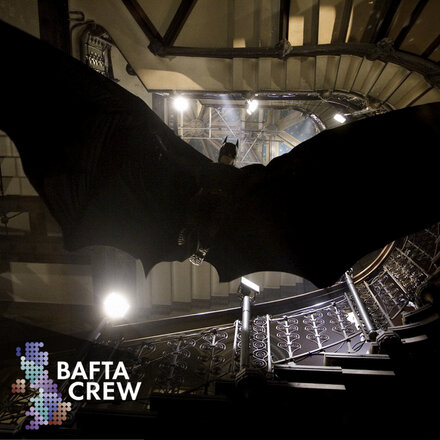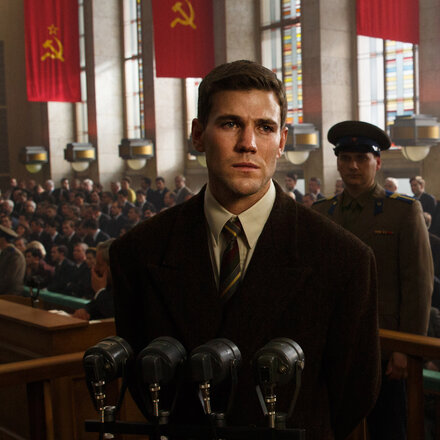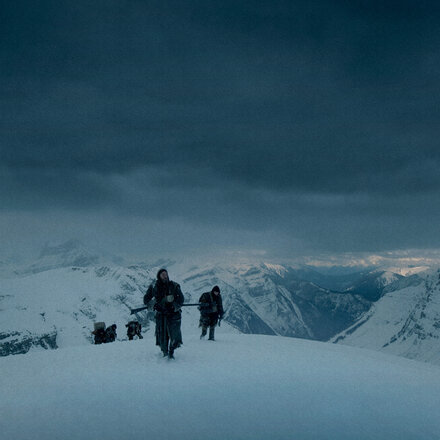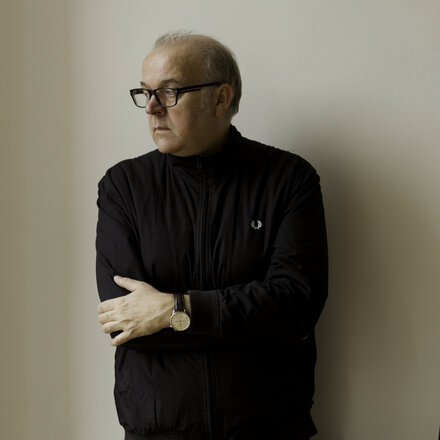Words by Anwar Brett
Although he is associated with the longest-running franchise in film history, it was chutzpah worthy of 007 himself that brought David Arnold together with James Bond.
In 1997, he produced the album ‘Shaken & Stirred’, a selection of Bond themes performed by contemporary artists in such a way that old favourites were brilliantly re-imagined and thus reinvigorated. Bond producers Michael G Wilson and Barbara Broccoli took notice and invited Arnold to score Tomorrow Never Dies.
“I think it indicated to them that there was a way of keeping what was good about the old stuff and making it contemporary,”
Arnold notes, “keeping the spirit of it more than anything.”
At the time, he was riding high professionally after his work on films such as Stargate and Independence Day, the latter performing box office heroics and delivering Arnold a Grammy for his efforts.
“Even with Tomorrow Never Dies, we kind of did a little audition piece, I scored the pre-title sequence. We did that early on just to see how it was going to go, and it went very well so then they asked me to do the rest of it.”
An avowed fan of the man whose music is most consistently brought to mind by Bond, John Barry, Arnold cites him as a particular influence on his work. Born in Luton, the 47-year-old is as old as the franchise he has now worked on for the last five films, picking up a BAFTA nomination for Casino Royale on the way.
But another consequence of growing up in the 60s and 70s is a diverse musical taste, and Arnold continues to work on other films – recent credits including Venus, Amazing Grace and Hot Fuzz – occasional television series such as Little Britain as well as writing and producing for a variety of performers, from Bjork to the Kaiser Chiefs. It is this range of disciplines in his professional life that helps maintain a freshness in his approach.
“I think in all the arts, the more you expose yourself to what’s going on, the more it opens you up to possibilities that you might not otherwise have thought of. When I did The Electric Proms with the Kaiser Chiefs at the Roundhouse last October, Nick Hodgson, the drummer, said that the worst thing about musicians when they get older is they stop listening to new music.
“I think there’s a great truth in that, you do have to go out and find new things, otherwise you end up treading water. When you spend so much time in a dark room by yourself, writing music for a film, the last thing you want to do is listen to anyone else, but then all you get for reference is your own work.
“That’s very tedious. Sometimes you go out to see a movie and you think, ‘wow, that’s amazing’. You have a duty to expose yourself to as much as you can because that’s going to challenge you to make you think in a slightly different way, I think.”
This open attitude has served him well, but Arnold would concede that he has also been fortunate in working with filmmakers who have collaborated closely with him. Director Roland Emmerich and producer Dean Devlin on Stargate and Independence Day valued his contribution while the film was still in production. Much the same has been true on the Bond movies.
“Earlier is better,” he nods. “Personally, what I like to do when I read the script is to visit the set. I might not be writing for that film at that point, but I like to visit the set and at least let things seep in. [I’ll] talk to actors and directors, see how the thing is feeling, because so much of it is about the feeling – what does this film feel like? Then you have a library of ideas that feel like the movie to you. When you get the picture, you put the music up against it and see which ones stick.
“Of course, sometimes you get a phone call saying someone’s been fired, and you’ve got two weeks to score the film. Can you do it?
“That’s when you have to make a decision about whether you can do it or not in that time. At that point all your artistic instincts get blown out the window and it’s just a matter of getting the job done.”






